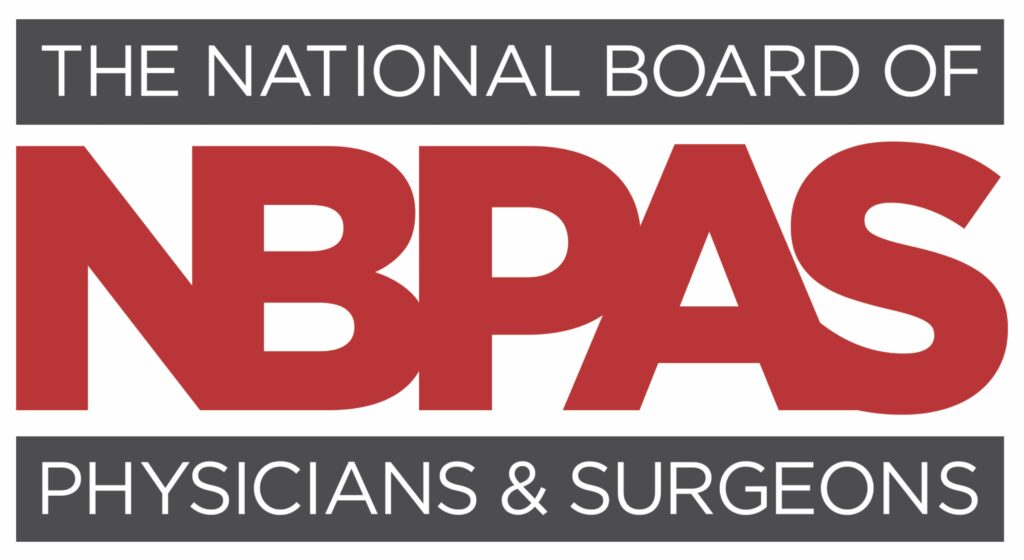The Low Down on Low-Carb Diets.
Each decade brings with it new variations in weight loss trends: low fat diets, high-fiber diets, vegan diets, raw food diets, and the infamous low-carb diet. The Atkins’ Revolution inspired millions of people to embark on a diet like no other; eat unlimted amounts of protein and fat while stritcly limiting carbohydrates. Unfortunately, the risks associated with this way of eating have tarnished the reputation of all low-carbohydrate diets. If you are one who finds that restiricting carbohydrates if effective for you, don’t fear. There is a safer way to lose weight while still restricting carbohydrates.
How Low-Carb Diets Work
When carbohydrates are drastically restricted (under approximately 30 grams per day), your body depletes its own carbohydrates stores. After 3-5 days, it goes into a different metabolic state. Normally, the body burns carbohydrates to fuel your brain, heart, and many other organs. Since dietary carbohydrates are not prevalent, it begins breaking down fat stores for fuel, which produces ketones and results in fat loss (ketones are little carbon fragments that are created by the breakdown of fat and the body is able to use these to fuel bodily processes). This type of diet must be done correctly and with medical supervision to prevent the risks that have been linked to low-carb diets.
Safe Weight Loss that Preserves Lean Muscle Tissue
Working with a registered dietician or other medical professional with adequate nutrition training is imperitive. First, a medical professional will screen you for health-related issues that may conflict with a low-carb plan. Second, he or she will help to guide you through the process safely. At Weightloss Clinics we work closely with patients to customize a low-carb diet that is appropriate for your BMR, body composition and activity level. A few Dos and Don’ts:
DON’T Eliminate Fruits and Vegetables: Fruits and vegetables are important for their nutritional value, fiber content and variety.
DON’T Overdo It On The Protein: A low-carb diet should not equate to high protein. This distinction is imperative. Your protein goal should be adequate to meet your body’s needs for muscle repair and to maintain bodily processes. Too much protein puts a strain on kidneys. We will help you determine the right amount of protein for your body.
DO Select Very Lean or Lean Protein Sources: While fat is necessary for satiety, gallbladder health, and absorption of fat-soluble nutrients, we encourage healthy fat sources such as nuts, avacados, olive oil, canola oil, etc. Higher fat animal protein is high in saturated fat and cholesterol. Studies have linked high cholesterol levels to an increased risk of developing heart disease, stroke and cancer.
DO Take Vitamin and Mineral Supplements: While on any type of restrictive diet, you should take a minimum of a multivitamin daily. We recommend our patients take a multivitamin with additional B-Vitamin complex, an Omega-3 supplement, and a Calcium supplement with added magnesium and Vitamin D. Our patients also receive vitamin/mineral based injections to help aide the body in fat-burning, prevent excess build-up of fat in the liver, improve fatiuge, boost metabolism, and decrease food cravings.
DO Stay Consistent: The healthiest and most efficient method to reach your weight loss goal on a low-carb diet is to maintain a consistent regimin. Going in and out of ketosis confuses the body, increasing your chance of losing lean muscle tissue.
Learn more about the Weightloss Clinics program.

